Islamabad – Strategic Reckoning May 2025 took center stage at a landmark book launch hosted by the Institute of Regional Studies (IRS), Islamabad, in collaboration with the Center for Security Strategy and Policy Research (CSSPR). The newly released edited volume, titled Strategic Reckoning: Perspectives on Deterrence and Escalation Post-Pahalgam – May 2025, brought together diplomats, experts, scholars, journalists, senior officials, and students to examine one of the most perilous crises South Asia has faced in recent history.
Edited by Dr. Rabia Akhtar, the volume offers a detailed analysis of the May 2025 crisis. Widely regarded as one of South Asia’s most dangerous confrontations in recent decades, the crisis is examined through multiple lenses. Contributors explore the fragility of deterrence, the risks of compressed escalation timelines, and the catastrophic consequences narrowly avoided. In addition, the book highlights how Pakistan, despite grave provocations, exercised restraint and employed calibrated responses to prevent further escalation. Taken together, the chapters challenge the normalization of abnormal conflict dynamics.
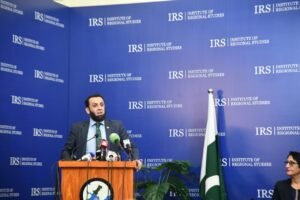
Information Minister Ata Tarar, the Chief Guest, praised the publication as a vital resource for understanding the May 2025 military clash between Pakistan and India. “I commend IRS, CSSPR, and the distinguished contributors of this volume for producing such a timely and thoughtful work on a subject of immense importance for our region. Strategic Reckoning is not just an academic contribution but a vital reflection on one of the most dangerous crises South Asia has faced in recent history,” he stated.
Meanwhile, Ambassador Jauhar Saleem, President of IRS, argued that India’s coercive policies toward its neighbors—including Nepal and Sri Lanka—continue to fuel instability in South Asia. He added that these actions weaken regional institutions such as SAARC. Although the organization could have fostered cooperation and prosperity, India’s hubris and hegemonic designs have obstructed that potential. Consequently, he warned that India’s quest for strategic dominance risks diplomatic isolation and long-term setbacks to its own interests.
Lt. Gen. Khalid Ahmed Kidwai, Advisor to the National Command Authority, emphasized Pakistan’s tri-services’ readiness and operational proficiency. He cited the establishment of the Army Rocket Force Command as proof of a credible deterrence posture. Moreover, he highlighted India’s military shortcomings and Pakistan’s measured response. In his view, Pakistan successfully restored deterrence and strategic equilibrium through coordinated tri-service operations.
Ambassador Masood Khan, former President of AJK, identified the Pahalgam attack as a critical flashpoint. He stressed the enduring centrality of the Kashmir dispute to regional instability. According to him, neglecting Kashmiri grievances will only perpetuate recurring crises. Therefore, he urged regional actors to address the root causes rather than react to symptoms.
Dr. Rabia Akhtar described the May 2025 crisis as a perilous destabilization of deterrence. She argued that India attempted to impose a ‘new normal’ of pre-emptive strikes. Instead of accepting this shift, she urged that it be recognized as a ‘new abnormal.’ This behavior, she noted, deviates from established crisis management practices under nuclear conditions. She emphasized Pakistan’s calibrated retaliation as a model of responsible deterrence. In contrast, she criticized India’s imprudent adventurism and cautioned against normalizing brinkmanship.
Similarly, Khalid Banuri, former DG Arms Control and Disarmament, SPD, analyzed the Pakistan Air Force’s (PAF) performance. He detailed its rapid mobilization, neutralization of Indian strikes, and demonstration of air superiority through precise counter-air operations. Furthermore, he stressed that PAF’s measured yet resolute actions undermined India’s coercive objectives. These actions, he concluded, showcased the high costs of escalation and the effectiveness of Pakistan’s deterrence strategy.
Dr. Salma Malik, Associate Professor at QAU, highlighted the adverse spillover effects of such crises on regional actors beyond India and Pakistan. She noted economic disruptions, refugee flows, and heightened security risks. As a result, she called for multilateral crisis management frameworks. These, she argued, would give smaller regional states a voice and help share the burden of maintaining peace.
In a related analysis, Defense Analyst Ejaz Haider examined the role of Indian media in shaping conflict narratives during the May 2025 crisis. He explained how sensationalism, misinformation, and triumphalist propaganda framed the conflict as spectacle. Consequently, domestic escalation pressures intensified, realities became distorted, and accountability was obstructed. He warned that narrative warfare can dangerously exacerbate military crises and complicate diplomatic resolution.
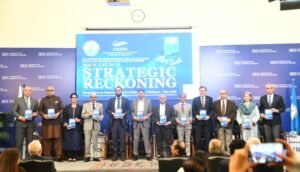
The book launch generated significant interest. It attracted a large audience of scholars, journalists, diplomats, government officials, and students—many of whom engaged in post-event discussions on deterrence, escalation, and regional stability. The launch of Strategic Reckoning May 2025 marks a pivotal moment in regional scholarship, offering timely insights into deterrence, escalation, and strategic stability.
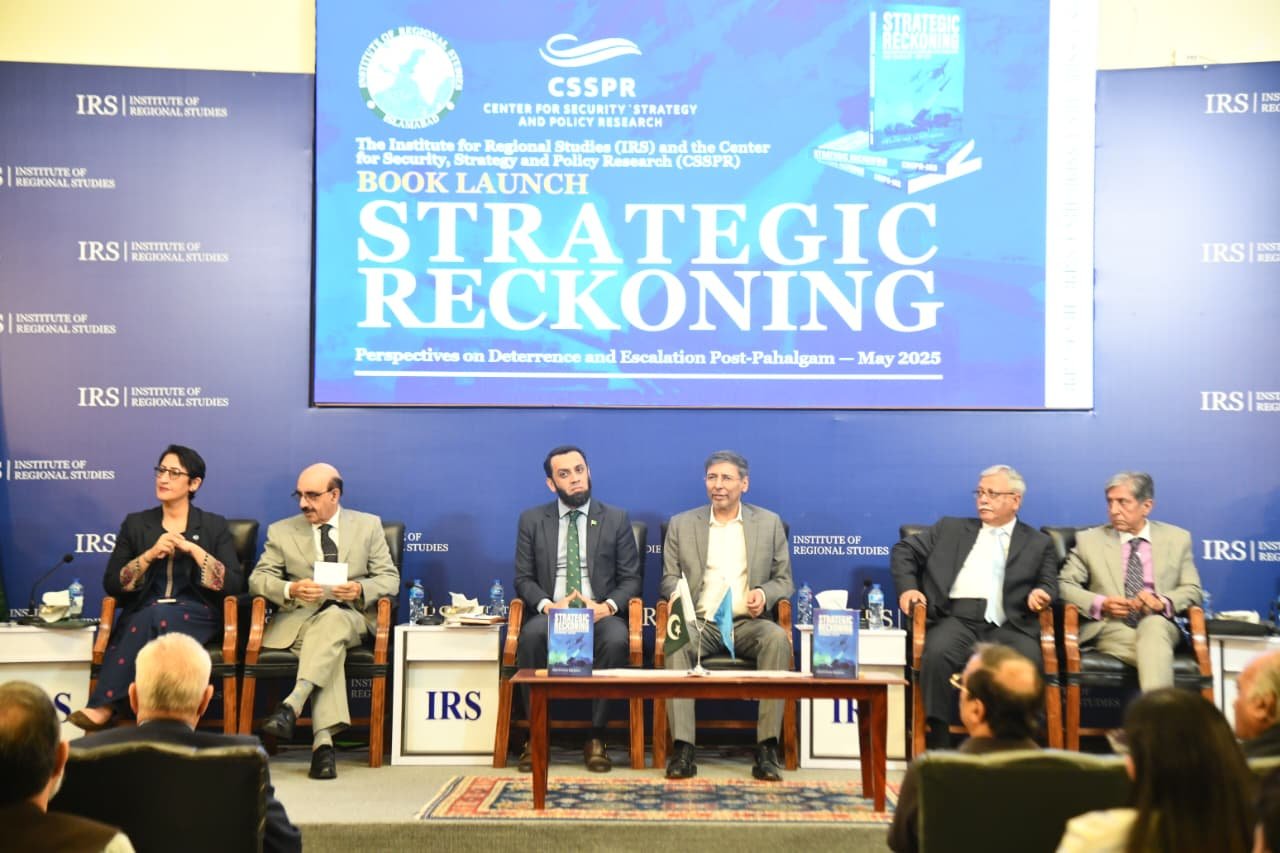


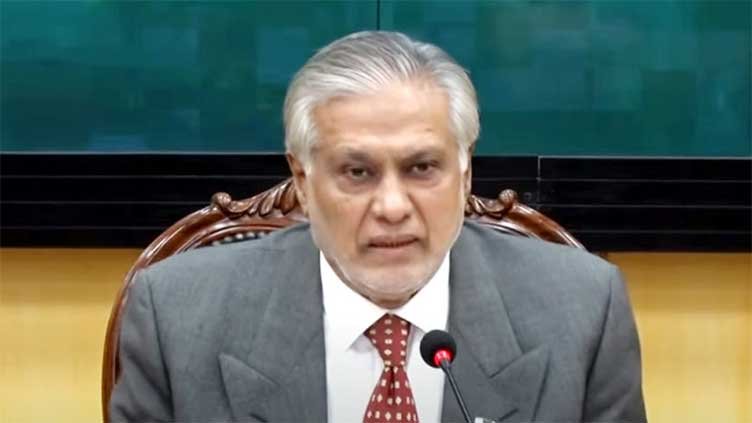
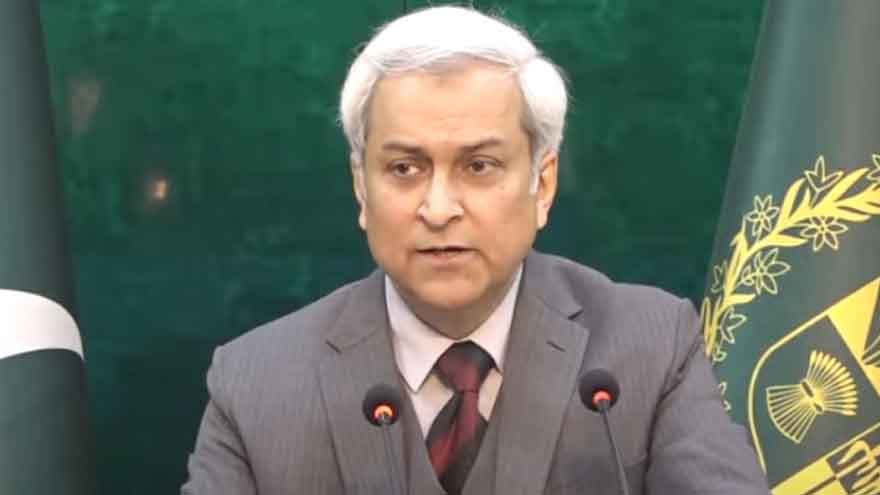

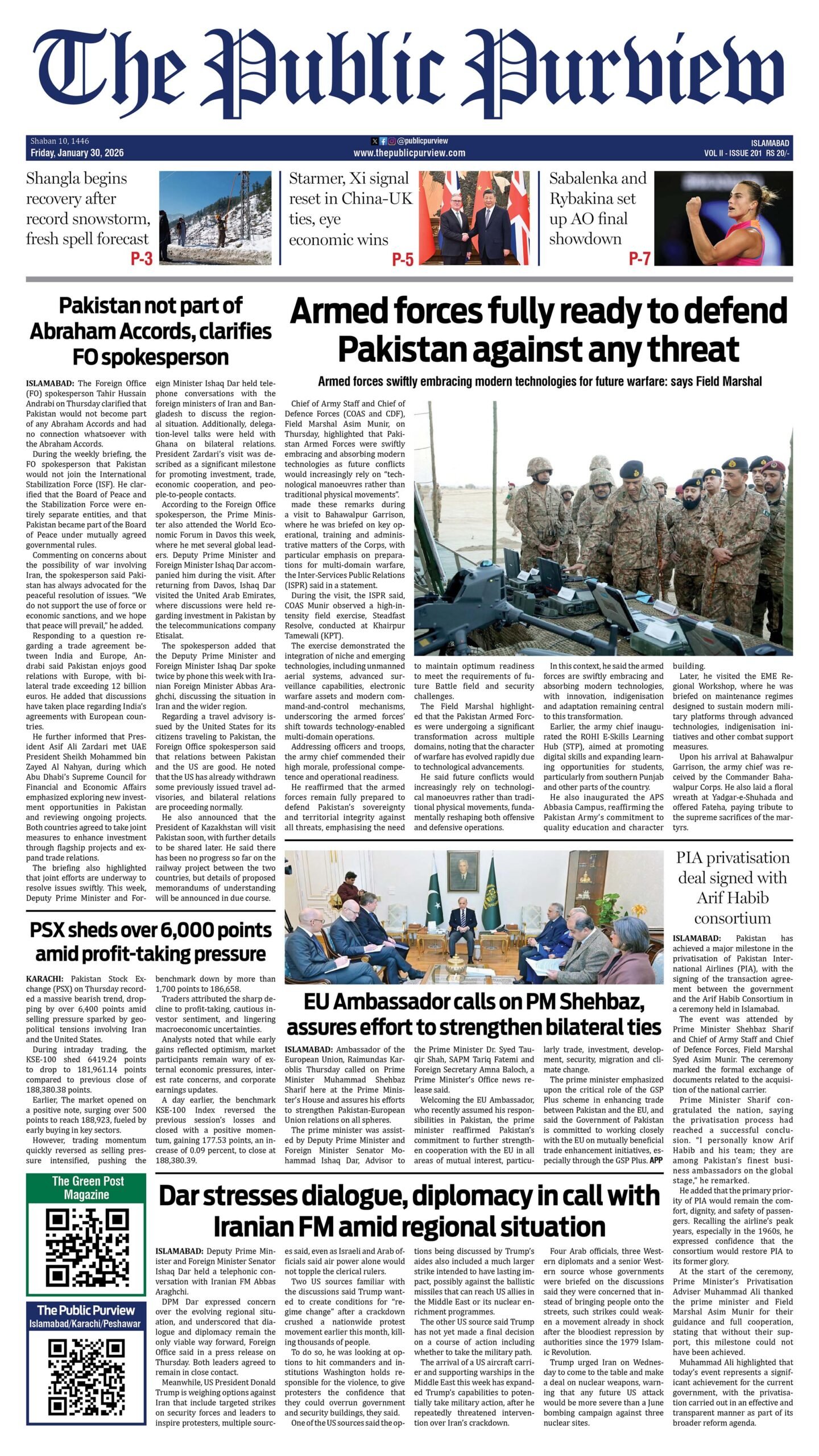 Today's E-Paper
Today's E-Paper